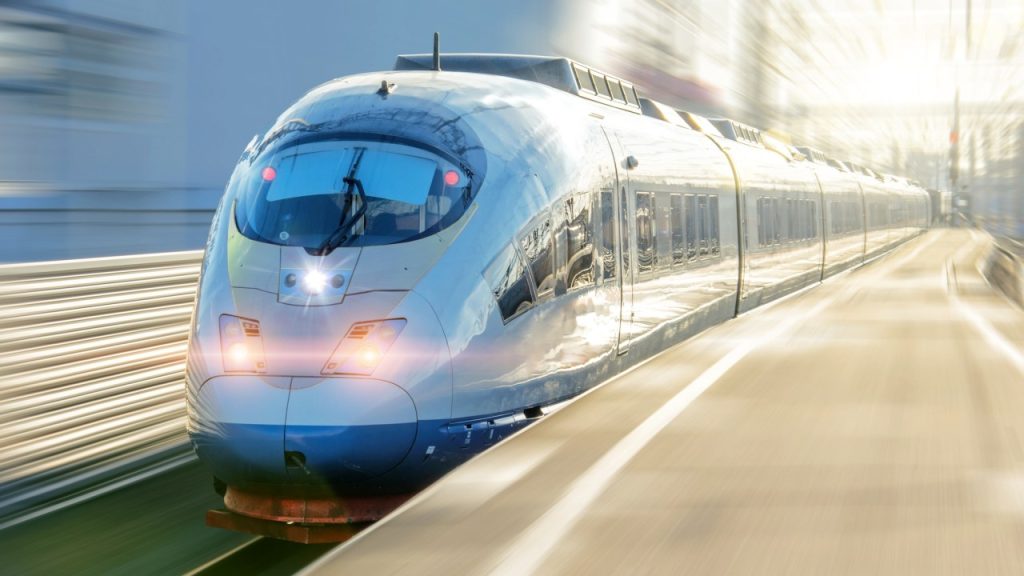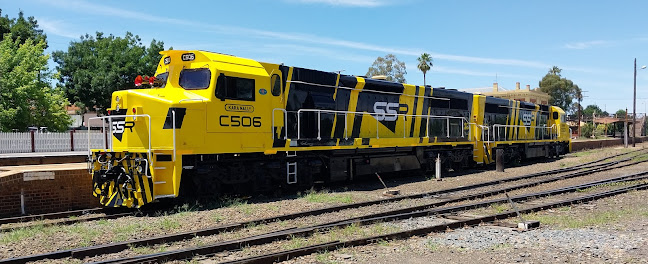The Moroccan National Company for Strait Studies (SNED) announced last week it is are starting feasibility research on a revived 40-year-old train project that can connect Europe and Africa by 2030.
The project highlights a 28km underwater tunnel between Spain and Morocco that would reach down to depths of 475m and is targeted to be finished by the end of the decade.
Now, the project is still in its planning stage, where the developers are researching and confirming if it is indeed possible, both from a financial and logistical perspective.
Ideally, they want to finish and open the tunnel in six years to give way to the 2030 Fifa World Cup, which will be jointly hosted by the three countries involved in the project: Spain, Portugal, and Morocco.
If the tunnel gets the green light, it would be a high-speed train service that connects Spain’s existing rail lines to Morocco’s Al Boraq route. Essentially, it would connect Punta Paloma, west of Tarifa, with Malabata in northern Morocco, just east of Tangier.
Of course, it doesn’t compare to an average Madrid to Casablanca flight, which takes about two hours, but the full train journey promises a great almost-six-hour adventure.

They estimate the trip will take under six hours. Picture: iStock
Albeit exciting, the 40-year-old project is still merely in its conceptualising phase, as the official costs are still unknown, but is roughly estimated at $12 billion ($A19.6 billion).
Government officials from the countries have expressed immense support and excitement since last year, with Spain’s previous transport minister, Raquel Sanchez, sharing: “We are beginning a new stage in the revival of the fixed link project across the Strait of Gibraltar, which we launched in 1981, hand in hand.”

Casablanca could be a mere train ride away.
Last July, the Spanish government also confirmed that a $4 million ($A6.54 million) EU feasibility funding was approved to study the train link.
Now, the project may seem like a peak into the future, but it still has a few logistical challenges to conquer.
But above all that, the three countries see an opportunity for growth in the project.
Once completed the rail link could cary 12.8 million travellers between Europe and North Africa and open up enormous potential for intercontinental travels.
Escape



